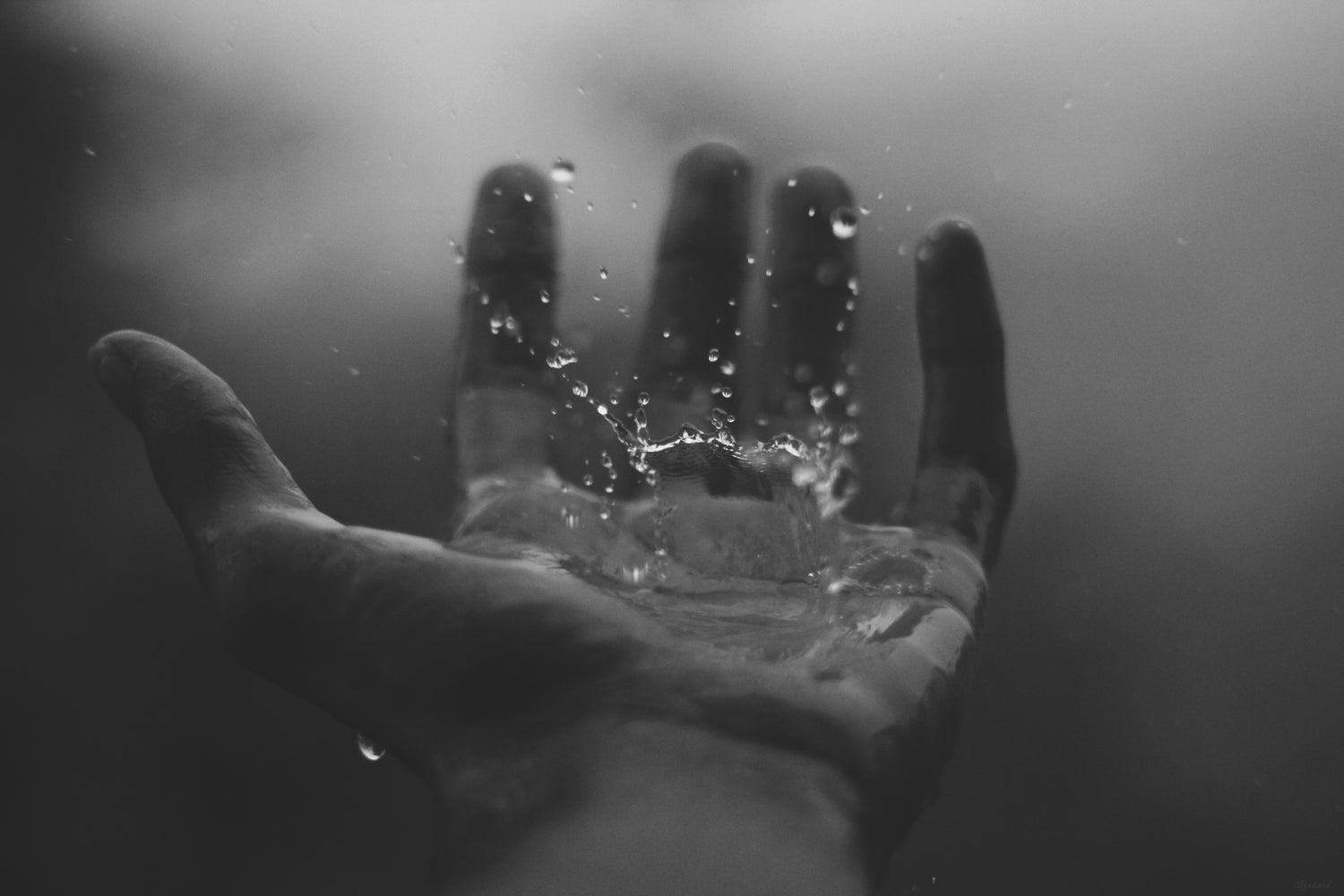
The Dirty Details of Chemical Cleaners
No one wants to keep a dirty home, but regular cleaning using chemical compounds can be dangerous for your health. Cleaning substances are the 3rd most common reason for exposure to poison in adults, and the second most common reason for exposure in children. Everything from dish soaps to fabric softeners can include toxins that pose a risk to you, your family, and the environment. The next time that you go to clean the messiest rooms of your house, it’s a good idea to be aware of the dangers that your cleaning products may pose to your wellbeing.
Skin Damage
Harsh chemical cleaners are known to cause damage to the skin. While mild detergents might just dry skin out and become dehydrated, stronger corrosive and acidic cleansers can lead to severe burns if they come in contact with the skin or eyes. If ingested, these cleaners can also do internal damage to the mouth, throat, and esophagus. Some of the most dangerous cleaners include corrosive drain solutions, oven cleaners, strong bleach mixtures, and acidic toilet bowl cleaners.
Breathing Problems
If you're cleaning a poorly ventilated area, chemical cleaners may produce fumes that can irritate the nose, throat, and lungs. Chlorine bleach and ammonia can both cause breathing difficulties, especially in people with asthma or other chronic lung problems. Combining different cleaners can be particularly dangerous. Adding ammonia to chlorine or lye can produce hazardous chloramine gases while combining chlorine with acids can lead to caustic chlorine gas.
Carcinogenic Agents
While many health issues caused by chemical cleaners are brief and temporary, there can also be long-term consequences. Some cleaners contain compounds that increase your risk of developing cancer. All-purpose cleaners containing diethanolamine (DEA) and triethanolamine (TEA) create carcinogenic nitrosamines when they come in contact with nitrites. 1,4-dioxane and phenols are also commonly found ingredients that are suspected carcinogens.
Environmental Concerns
In addition to impacting your health, chemical cleaners can also affect the environment around you. Some cleaners contain compounds that don’t readily break down during the treatment process, releasing hazardous detergents and disinfectants into the waterways. Not only does this threaten the health of local marine wildlife, but it can also lead to dangerous chemicals and carcinogens showing up in your food. You might begin to see dangerous levels of toxins in local fish populations, or runoff may make its way into the soil and affect crops.
It's important to be careful about what products you bring into your home when dealing with cleaners. You should always read the label to ensure that no ingredients are present that might harm you or your family. Switching to green products such as MamaSuds Household Cleaners can help to keep your dishes, your clothes, and your home free of toxic chemicals.
Contribution by freelance writer Sally Preston



Leave a comment